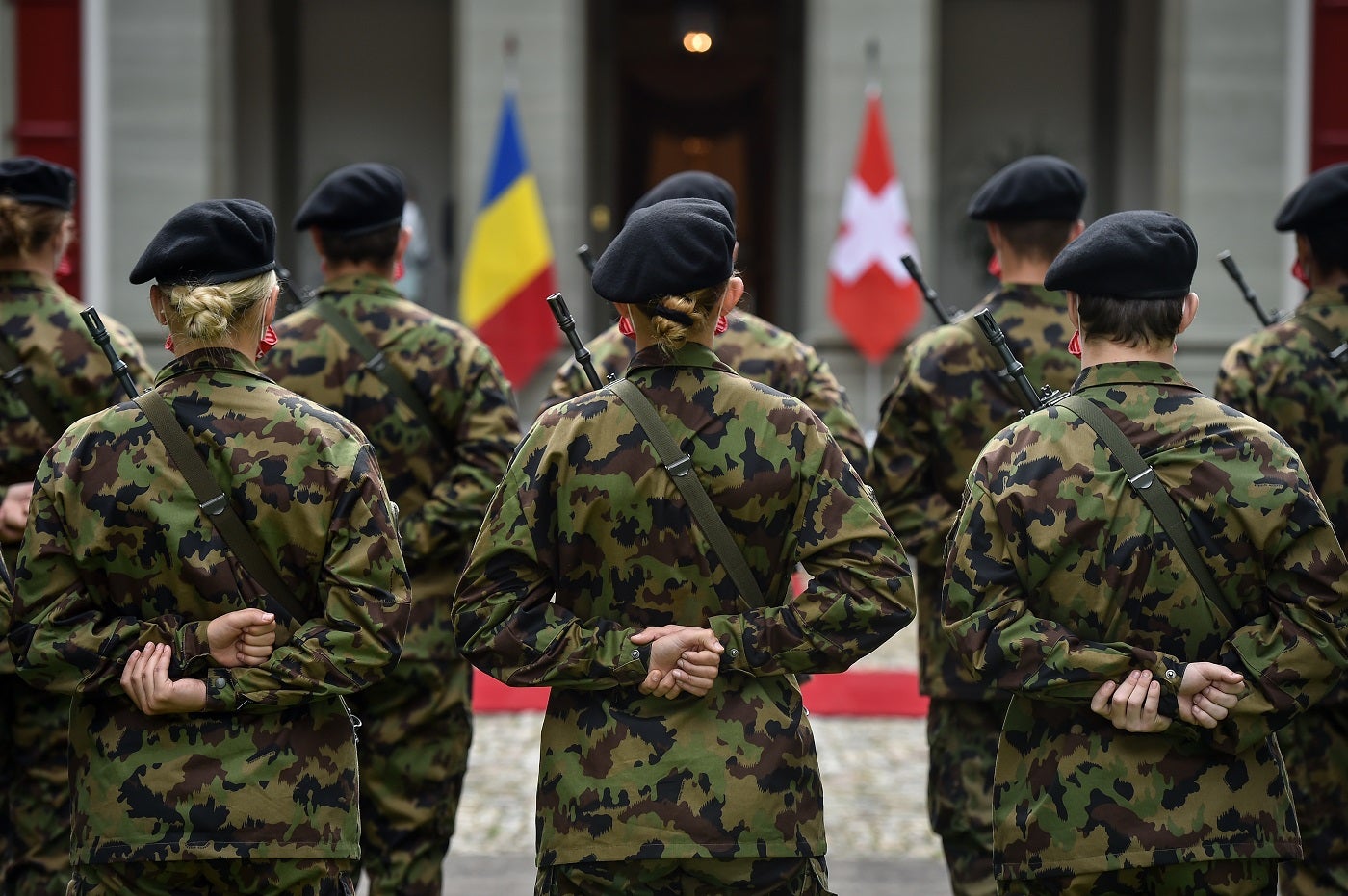
Switzerland, renowned for its neutrality and breathtaking landscapes, is emerging as a strategic player in the defence arena.
Switzerland’s evolving defence landscape will see the defence budget surge from $9.3bn (SFr8.4bn) in 2024 to $11.4bn by 2028. As the nation invests in modernisation initiatives, budget trends, procurement programmes, and geopolitical influences are shaping the future of its armed forces, spanning the naval, army, and air domains.
Swiss defence budget on the rise
Switzerland’s defence budget has grown over the past decade, emphasising bolstering military capabilities. This trajectory is set to continue, driven by initiatives like Air2030 and the expansion of cyber defence collaborations.
According to GlobalData’s “Switzerland’s Defense Market 2023-2028” report, the annual growth rate of the defence budget is projected to rise, with a forecasted CAGR of 5.2% between 2024 and 2028, compared to a CAGR of 3% from 2019 to 2023.
The acquisition budget echoes this trend, experiencing a CAGR of 3.2% between 2019 and 2023, ultimately reaching $3.9bn in 2028. Financial allocations for acquisitions are slated to increase from 22.9% of the total budget in 2023 to 34.5% by 2028. However, a forthcoming review of Switzerland’s national security policy may lead to adjustments in defence spending based on future recommendations.
Expanding Army, Air Force, and Naval capabilities
The Swiss army, rooted in a militia system, is actively modernising to address evolving threats. Ongoing initiatives involve the replacement of combat aircraft and ground-based air defence systems, notably through the Air2030 programme.
Switzerland’s military doctrine accentuates flexibility, with recent investments focusing on optimising existing platforms and reducing the environmental footprint of its armed forces.
Switzerland’s commitment to air force modernisation is exemplified by its selection of the F-35 II Lightning Joint Strike Fighter for the Air2030 programme. This choice underscores the nation’s dedication to enhancing air capabilities while nurturing military collaboration with international allies. The Swiss Navy plays a role in safeguarding Swiss waters and contributing to international cooperation efforts.
Switzerland’s geopolitical influences and direct democracy
Switzerland’s geopolitical stance is evolving as it seeks increased collaboration with Nato despite its non-membership status. The deteriorating security situation in Europe, particularly the Russian invasion of Ukraine, has compelled Switzerland to increase defence expenditure and foster military collaboration efforts.
Switzerland’s distinctive system of direct democracy empowers its citizens to influence major policy decisions, including those related to defence. Referendums and initiatives have consistently provided oversight of Swiss military initiatives, reinforcing transparency and public engagement.
As Switzerland adapts to a shifting global landscape, its defence market continues to flourish, reflecting its commitment to neutrality, security, and international cooperation. With a strong focus on modernisation and adaptability, Switzerland’s armed forces are primed to confront future challenges while preserving the essence of their unique governance system.




